In December 2021 the New York City Council passed a law granting local voting rights to non-USA citizens with permanent residence (the “green card”) or a valid work authorisation, starting from 2023.
Whether the decision will become reality is still in question, as the law is being challenged in the Supreme Court. But for the time being, New York joins Chicago, San Francisco and some other US municipalities allowing foreign nationals to vote.
As this happens in one of the most cosmopolitan cities in the world, what is the situation in Europe? The answer is, “it’s complicated”.
The general principle is that voting rights are based on citizenship and each country makes its own rules. When electoral rights are granted to non-nationals, these are usually limited to local elections and do not extend to national ones. So neither EU nationals or non-EU citizens are able to vote for example in French presidential elections or German parliamentary elections, unless of course they have taken citizenship in those countries.
Common arrangements are established at the European Union level for EU citizens who move to other member states. They can vote in municipal elections in the country where they live and can choose to vote in the host country or at home for the election of the European Parliament.
In addition, some EU countries have signed other regional or bilateral agreements that guarantee voting rights to non-nationals.
So where can non-EU citizens vote in the European Union? This is where things stand in the EU and in particular in the nine European countries covered by The Local.
The Nordics
In addition to EU citizens, Denmark allows all non-nationals to vote in local elections as long as they have at least four years of residence.
Sweden, Finland and Norway (which is not part of the EU) have similar rules, but in Sweden and Norway the residency requirement is three years and in Finland it is two years on the 51st day before the election.
Denmark, Sweden, Finland, Norway and Iceland also mutually guarantee the right to vote for municipal and regional councils as part of the Nordic Passport Union.
Spain’s bilateral agreements
Another country that grants municipal voting rights to some citizens beyond the EU is Spain. Madrid has signed bilateral agreements with Norway, Iceland, the UK, Bolivia, Cape Verde, Chile, Colombia, Ecuador, New Zealand, Peru, Paraguay, South Korea and Trinidad y Tobago. The residency requirement is set in each agreement.
Other EU countries that grant local voting rights to non-EU citizens are Belgium, Estonia, Ireland, Lithuania, Luxembourg, the Netherlands, Slovakia and Slovenia. Again, each country has its own residency requirements.
Portugal has agreements on voting rights in local elections with Brazil, Cape Verde, Argentina, Chile, Colombia, Iceland, Norway, New Zealand, Peru, Uruguay, Venezuela, as well as with the UK for citizens who were living in the country before Brexit. Some Brazilian residents have full voting rights in Portugal.
Ongoing debates
Austria, France, Germany and Italy do not allow non-EU citizens to take part in local elections, although the issue has been debated in recent years. This would require constitutional changes, however.
In Switzerland, which is not part of the EU, foreign nationals do not have the right to vote at federal level but they can participate in some cantonal and communal elections. Information on the political rights of non-Swiss citizens is available from this map on the Swiss Confederation website.
A special situation concerns UK citizens in the EU, who have lost the automatic right to vote in municipal elections when the country left the bloc. They can still vote, however, where this is allowed to non-EU citizens and the British government has negotiated bilateral agreements on local voting rights with Spain, Portugal, Luxembourg and Poland.
But do foreigners bother voting?
Having the right to vote, however, does not necessarily mean exercising it. The European Commission has found that electoral participation of EU citizens living in other EU countries is below average.
Among the difficulties there are a lack of awareness about voting rights, the sometimes burdensome registration requirements, the lack of familiarity with the voting system or with local politics, as well as language problems.
In November the Commission proposed changes to current rules asking member states to better inform EU citizens about their rights and make information available in at least one other language.
The ECIT Foundation, a group working on EU citizenship in Brussels, said the Commission could be more ambitious. The group requested in particular the creation of “dedicated helpdesk” for EU citizens moving across borders to “proactively engage with electoral rights before, during and after elections to maintain a constant engagement of electoral participation.”
ECIT Founder Tony Venables noted that, in some countries, the extension of voting rights to EU nationals has led to the inclusion of non-EU citizens too and better information about elections is likely to benefit also non-EU citizens.
The ECIT Foundation is among the organisations behind the European citizens initiative “Voters without borders” which is calling on the EU to grant full political rights to EU citizens moving around the bloc.
This article is published in cooperation with Europe Street News, a news outlet about citizens’ rights in the EU and the UK.


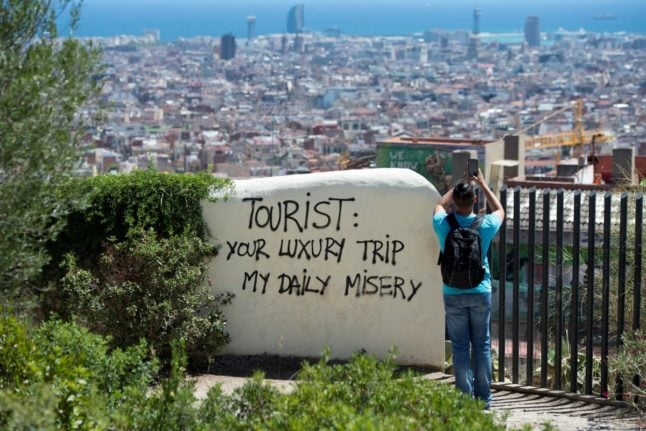
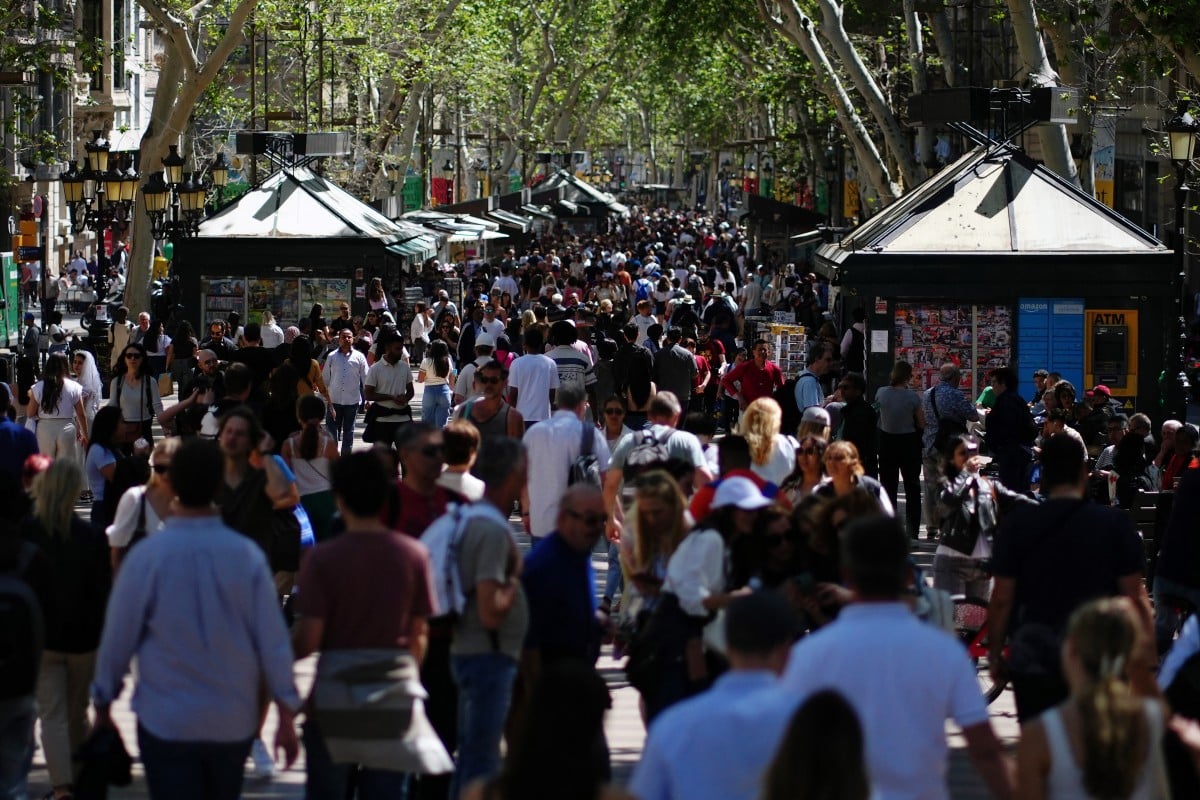
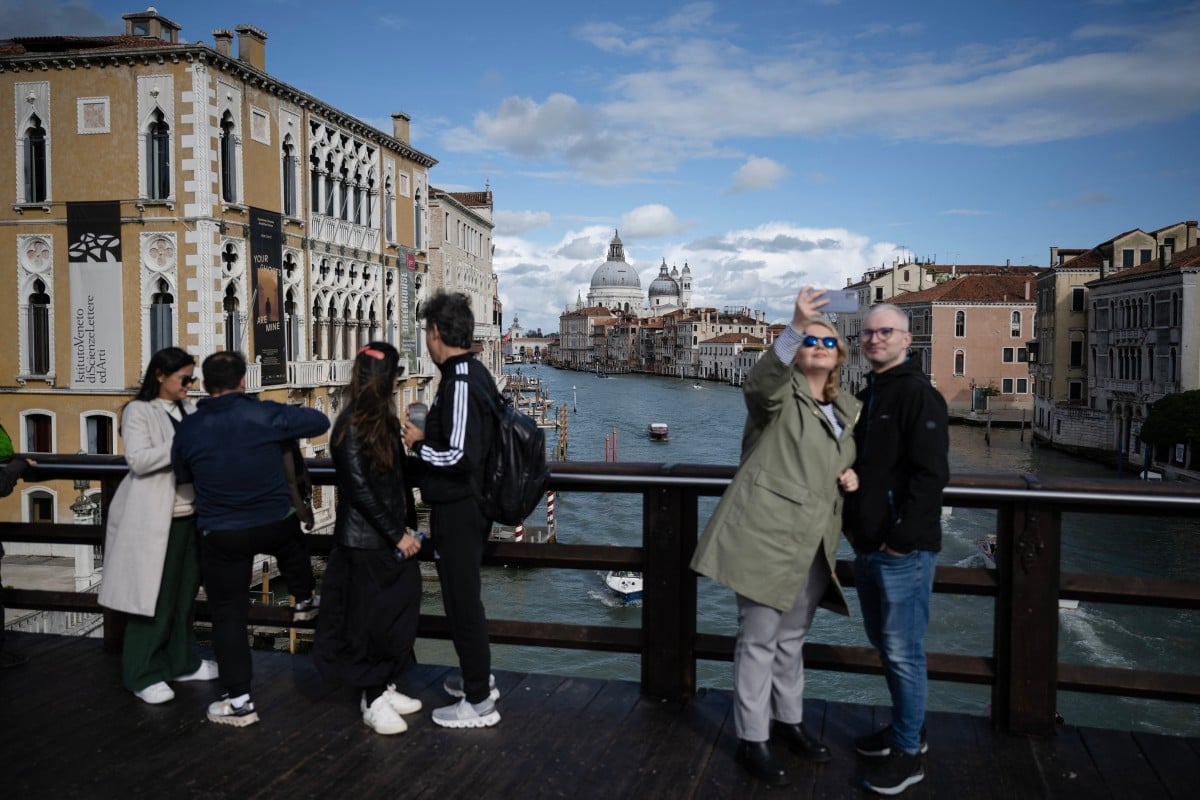
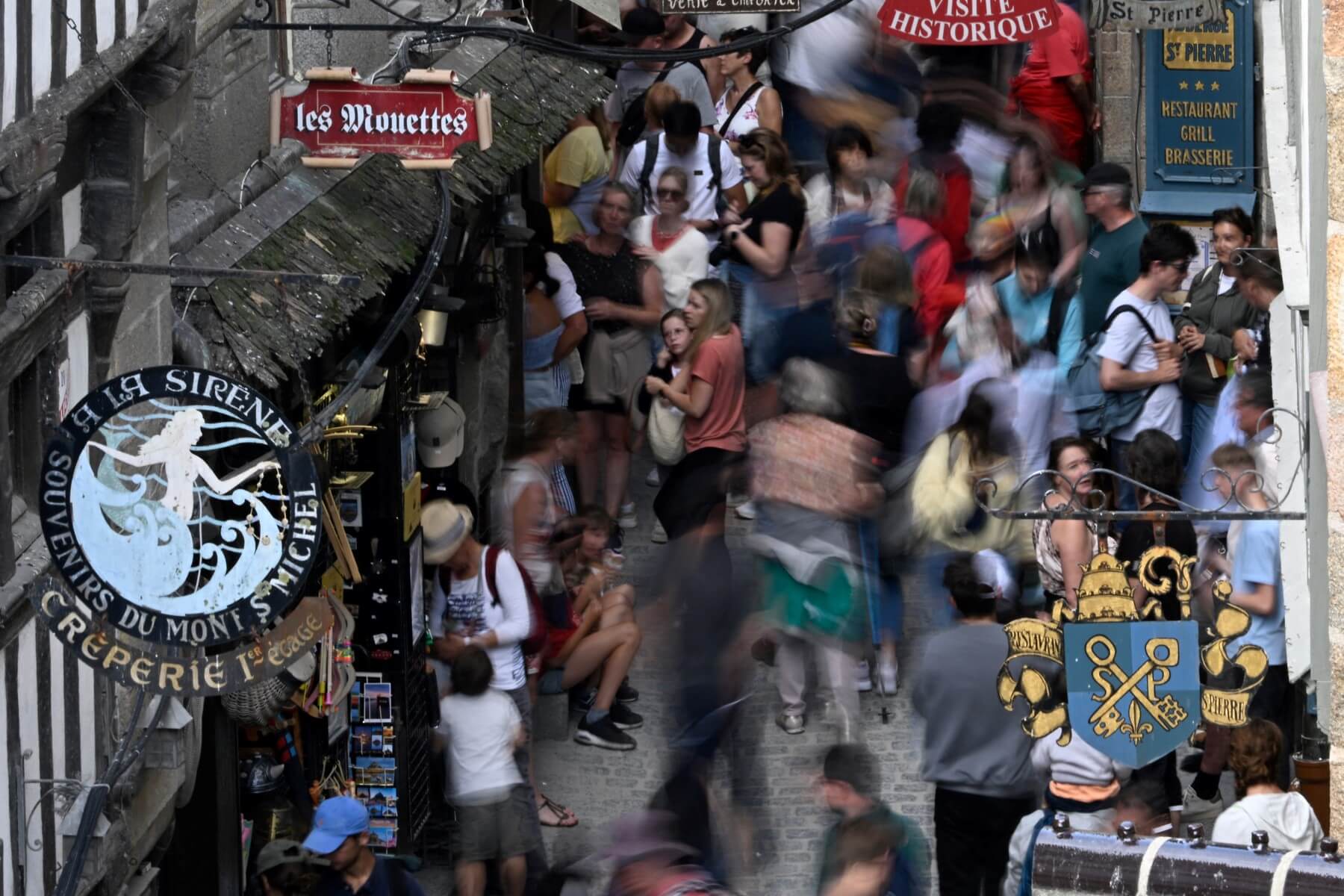
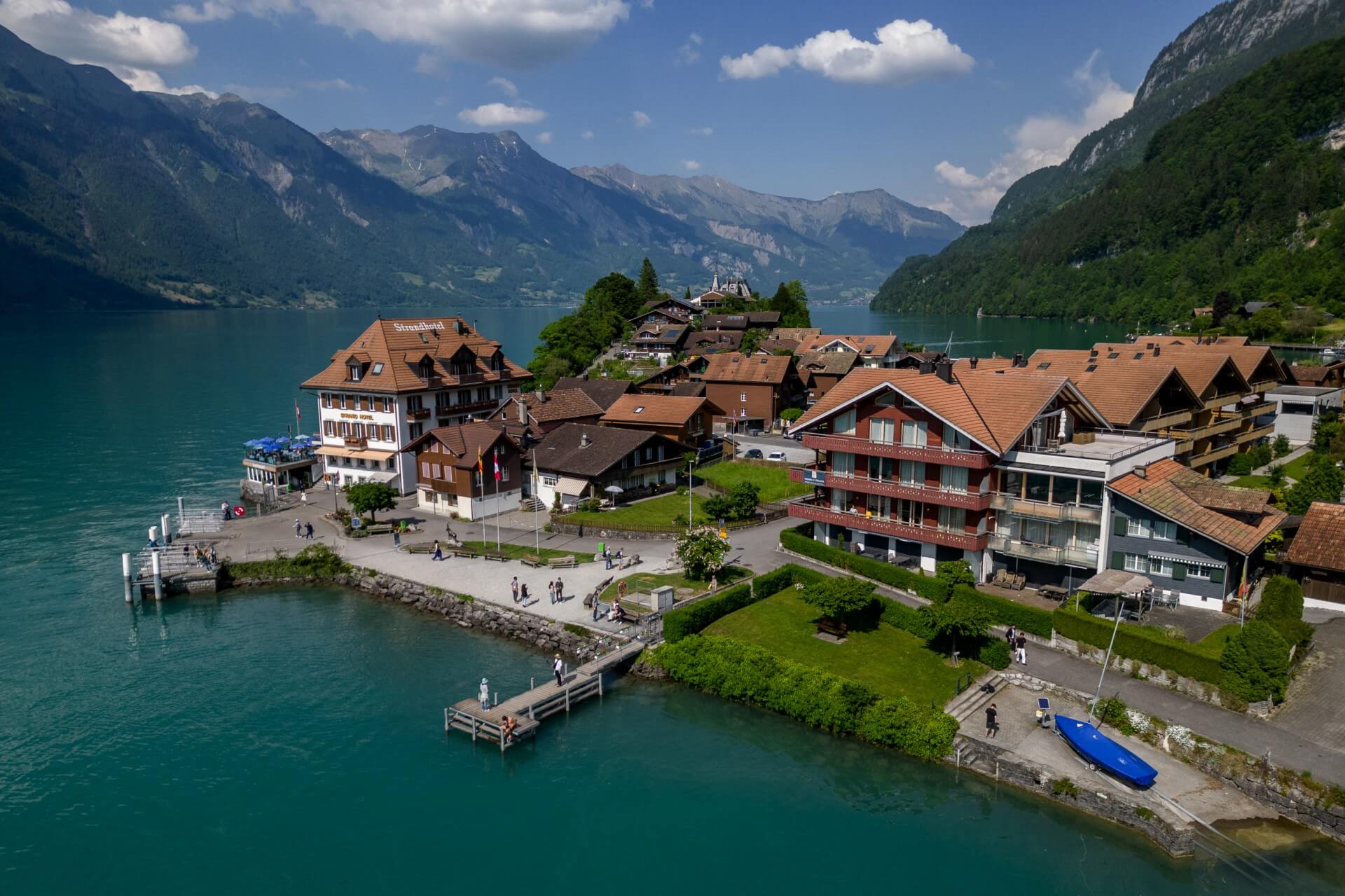
 Please whitelist us to continue reading.
Please whitelist us to continue reading.
Member comments